How do you lead your company through a cyber incident?

If you are responsible for protecting your organisation from cyber threats and creating a culture of cyber awareness and accountability in your organisation, I am aware of how challenging this can be.
Cyber attacks are a reality for every business, no matter the size or sector. They can disrupt your operations, damage your reputation, and cost you money. That’s why you need to be prepared to respond quickly and effectively to a cyber incident, and not leave it to your IT team alone.
A cyber security incident isn’t just a cyber security problem, it’s also a business continuity and communications issue, and can be a financial and legal one too. Empowering and appropriately equipping the organisational leadership team plays a vital role in ensuring that your company can recover from a cyber incident; minimising the impact on your customers, partners, and stakeholders.
The National Cyber Security Centre (NCSC) has recently published a guide for CEOs on how to respond to a cyber incident and it is well worth reading as it covers the key steps you need to take, such as:
- establishing a cyber incident response team and assigning roles and responsibilities
- communicating effectively with your internal and external audiences
- identifying the cause and scope of the incident and containing the threat
- restoring your normal operations and learning from the incident.
You can review the NCSC’s guide for CEOs here.
As a leader of your organisation, you have a responsibility to ensure that your company is prepared for any cyber threats that may arise. Reviewing your security posture and incident response capabilities can help you identify and address any gaps or weaknesses that could put your business at risk allowing you to:
- enhance your resilience and agility in the face of unpredictable and evolving cyber attacks
- reduce the potential impact and cost of a cyber incident on your operations, customers, and reputation
- strengthen your trust and credibility with your stakeholders, regulators, and the public
- align your security strategy with your business objectives and priorities
- foster a culture of cyber awareness and accountability within your organisation.
If you want to learn more about effectively responding to a cyber incident and what steps to take before, during, and after an attack, you can review my recent LinkedIn post or get in touch with me on cyber@methods.co.uk.






